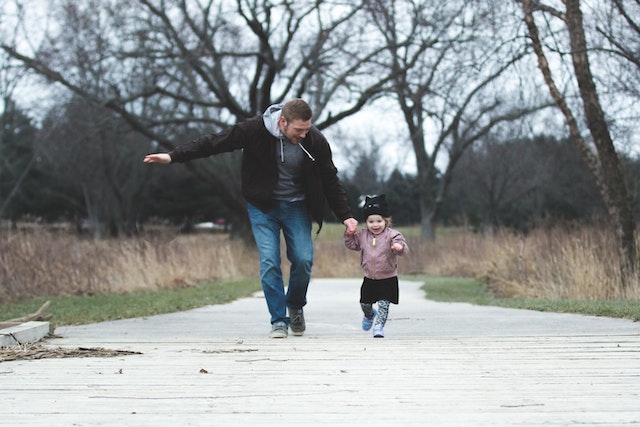Dealing with anger in children and teens can be a challenging task for parents and caregivers.
In today’s fast-paced world, where stress and anxiety are prevalent, it’s not uncommon for children and teenagers to experience anger and frustration.
It’s essential to teach them how to manage their emotions effectively and constructively.
Here are some tips for dealing with anger in children and teens.
Identify Triggers The first step in dealing with anger in children and teens is to identify their triggers.
Some common triggers include stress, fatigue, hunger, and feeling overwhelmed.
Once you know what triggers their anger, you can help them manage it more effectively.
Teach Coping Strategies Teach your child or teen coping strategies to manage their anger.
Deep breathing exercises, counting to ten, and taking a break are all effective techniques.
Encourage them to find activities they enjoy, such as listening to music, drawing, or taking a walk, to help them calm down.
Encourage Communication Encourage your child or teen to express their feelings and emotions healthily.
Let them know that it’s okay to feel angry, but it’s not okay to hurt themselves or others.
Encourage them to talk to you or a trusted adult about what’s bothering them.
Set Boundaries It’s essential to set boundaries and consequences for unacceptable behavior.
Let your child or teen know what behaviors are not acceptable and what the consequences will be.
Consistency is key, and it’s important to follow through with consequences.
Be a Positive Role Model Children and teens learn by example, so be a positive role model when it comes to managing emotions.
Practice healthy coping strategies yourself, such as exercise, meditation, or talking to a friend.
Show your child or teen how to manage stress and anxiety effectively.
Seek Professional Help If your child or teen’s anger is affecting their daily life, relationships, or school, seek professional help.
A mental health professional can help them learn healthy coping strategies and provide additional support.
In conclusion,
Dealing with anger in children and teens requires patience, understanding, and communication.
By identifying triggers, teaching coping strategies, encouraging communication, setting boundaries, being a positive role model, and seeking professional help if necessary, you can help your child or teen manage their emotions effectively and constructively.
Remember, anger is a normal emotion, but it’s essential to teach your child or teen how to express it in a healthy way.
![]()











